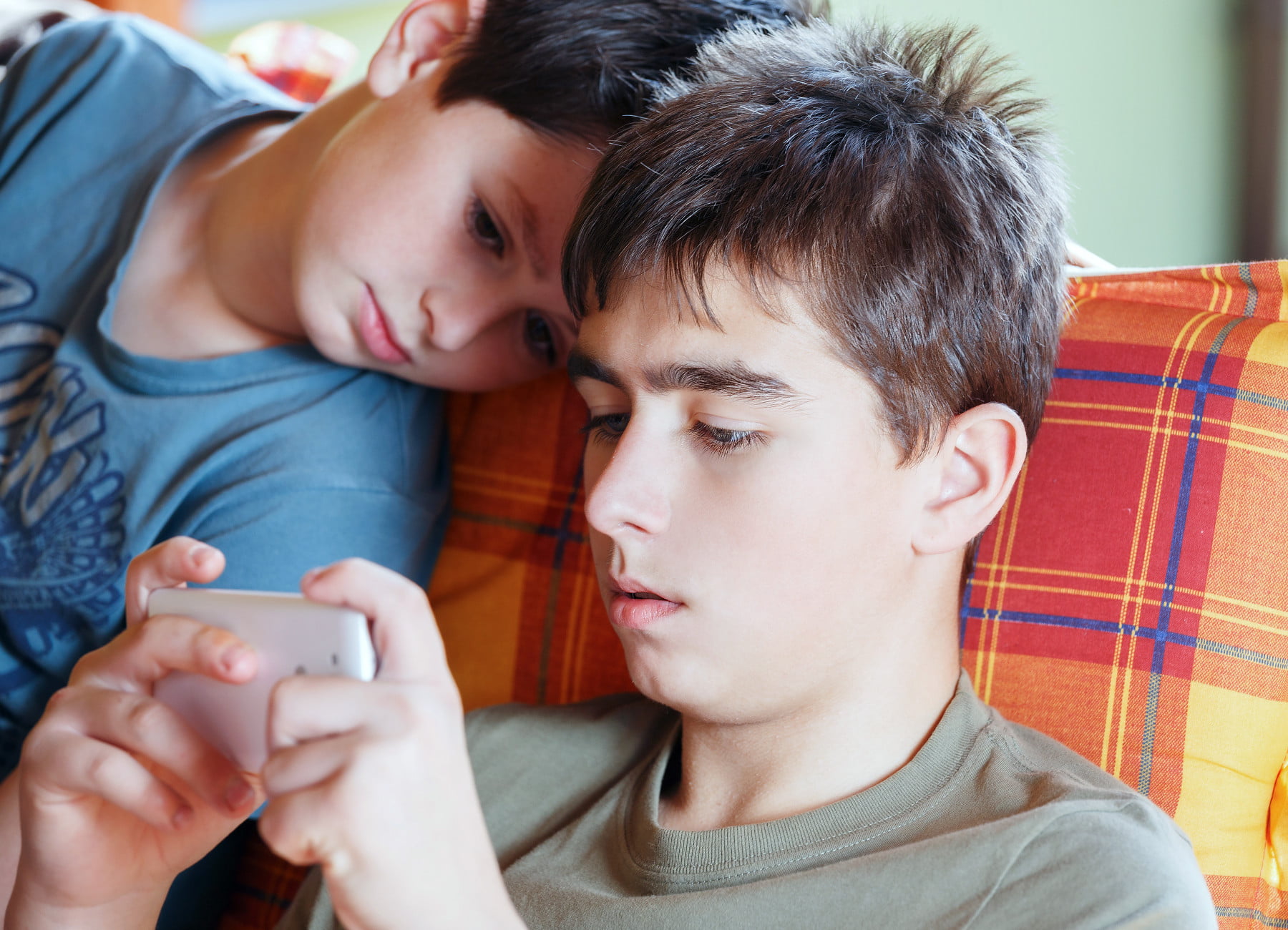
The current pandemic is unprecedented for us all and although the physical risk is less extreme for teenagers, their mental wellbeing may well be affected. Teenagers tend to value peer group interaction highly and teen years are a key stage in emotional and social development. Interactions with friends have been curtailed and they find themselves back in the family home, just as they were stretching their wings. Furthermore, parents have found their homes occupied by teenagers that would normally be at school, playing sport and or seeing friends. This can be an unsettling shift in the normal family dynamic which may cause challenges. Below is some advice on how we can help our teens cope with this shift in circumstances:-
1. Be positive role models
Teenagers will be watching their parents to gauge how to react to the current health crisis. This is a challenging time and they will be looking to their role models for cues. It is difficult to strike the right balance – if parents are lax and blasé, they will fail to grasp the seriousness of this situation.
Similarly, if parents are over-anxious, it will heighten their anxiety. Talk to your teenagers to see how they are coping and answer their questions honestly. Explain to them we do not know how things will evolve but measures are being taken to keep us all safe. No- one knows what the future holds and we cannot control macro events – however we can control our reaction to these events and our own environment. It is best to focus on what we can control.
2. Educate them on fact vs fiction in news
Use this opportunity to discuss the difference between fake and real news. Guide them towards evidence based trusted resources (for example; Ministry of Health (MOH), UNICEF, World Health Organisation (WHO) websites). Explain to them not everything they see on social media is true and the best way to keep informed is by looking at credited resources as a counter balance to unreliable content.
Discuss the use of memes and gif’s. As adults we know that humour can help us manage our emotions in times of uncertainty and stress. However, to teenagers they can be confusing by sending mixed messages. We can all enjoy the fun content (and may need it at times) but its role is as a counter balance to the seriousness of the situation.
3. Social distancing
With more stringent measures teenagers will not be able to spend with friends. This is especially trying for adolescents who actively crave peer group interactions. There are many apps which enable virtual communications (Houseparty, Facetime, Skype etc.) and these tend to work better than texting as they require face to face verbal communication. These will address feelings of isolation and anxiety.
4. An opportunity for family time
Although this situation has been imposed on us all, try to shift your perception to view this as an opportunity to reconnect, talk and develop deeper connections with your teen. This may be challenging – adolescents do not always want to open up – but the situation gives parents more chances to find that moment when connection is possible. It is entirely normal that your teen may thwart parental attempts to connect (they are a teenager after all) but most importantly they will take note that their parents care. This expression of care and love provides the key message of ‘safety’ at this unsettling time. We may never have this much time to spend with our loved ones, and as life goes back to normal, our busy lives will no doubt once again take over. Grab this opportunity.
5. Physical Exercise
Taking daily exercise is very important for our ongoing mental health. Physical exercise helps feelings of anxiety, decreases stress, increases self-esteem, releases endorphins (which create feelings of happiness) and enables better sleep. All of these benefits are important at the best of times, but certainly in the midst of the current situation.
It can be hard to galvanize teenagers to take exercise if they are not inclined. Explaining how it can help their physical and mental well being will help. In addition, find what format of exercise appeals to your child (maybe ‘going for a walk’ will always be met negatively but ‘lets go shoot some hoops’ or ‘lets do online family workout’ will be more positively received). Lastly, some practical suggestions on how to navigate this time:
– Ensure your teen goes outside at least once a day
– Ensure your teen takes at least 30 min exercise a day making sure to follow social distancing rules (walk, bike ride)
– Suggest your teen video calls his / her friends (not just texting) and ask about how each
other are feeling
– Talk to your teen about the health crisis and role model helpful behaviours
– Look out for signs of anxiety and seek medical assistance if you are concerned
Some resources that may help:
UNICEF: https://www.unicef.org/coronavirus/how-teenagers-can-protect-their-mental-health-during-coronavirus-covid-19
Centre Disease Control: https://www.cdc.gov/coronavirus/2019-ncov/daily-life-coping/managing-stress-anxiety.html
For art lovers: https://www.voicesofyouth.org/campaign/covid-19-and-youth-mental-health
Raising Children, an Australian website on teenagers and anxiety: https://raisingchildren.net.au/pre-teens/mental-health-physical-health/stress-anxiety-depression/anxiety
Dr Gina Dahel is a paediatric doctor based at IMC Children’s. Call 6887 4440 to make an
appointment.








